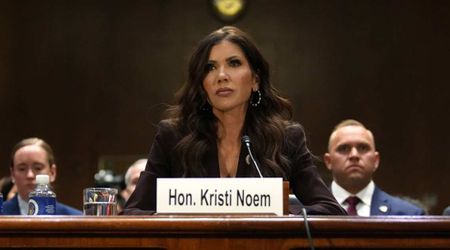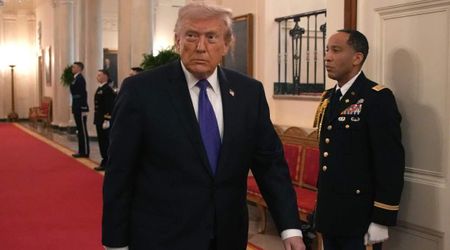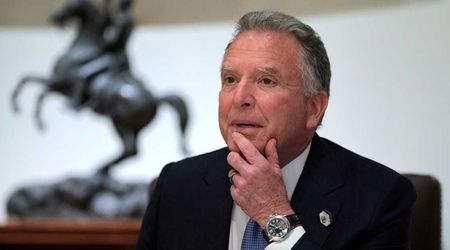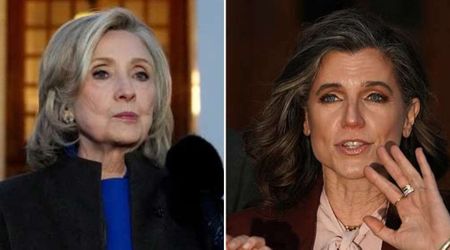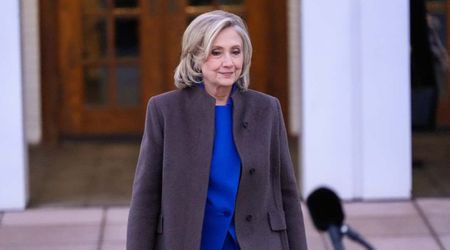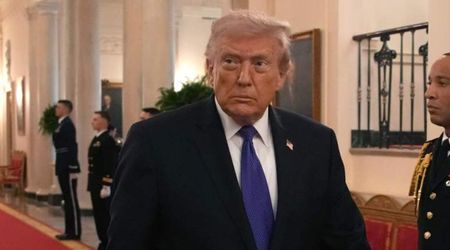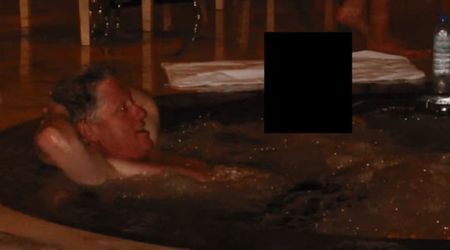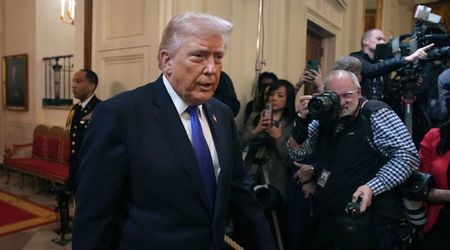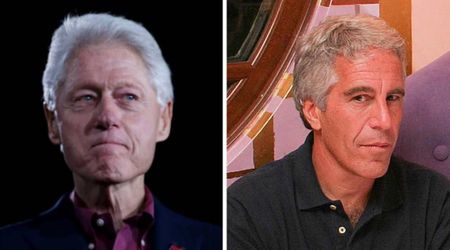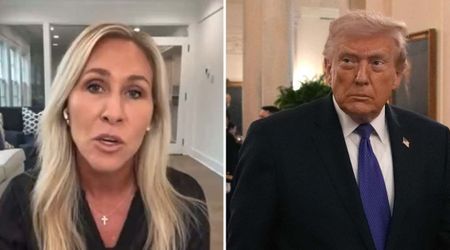NPR sues Trump admin after POTUS' executive order to cut funding, alleges 'violation of First Amendment'

WASHINGTON, DC: National Public Radio (NPR) has filed a First Amendment lawsuit against the Donald Trump administration over the POTUS' executive order seeking to cease all federal funding for the nonprofit broadcaster.
The lawsuit, filed by NPR and other public radio organizations, including Colorado Public Radio and Aspen Public Radio, alleged that Trump’s order violated the First Amendment’s protections for freedom of speech.
“The president has no authority under the Constitution to take such actions. On the contrary, the power of the purse is reserved to Congress,” read the lawsuit filed in Washington, DC, on Tuesday, May 27, Politico reported.
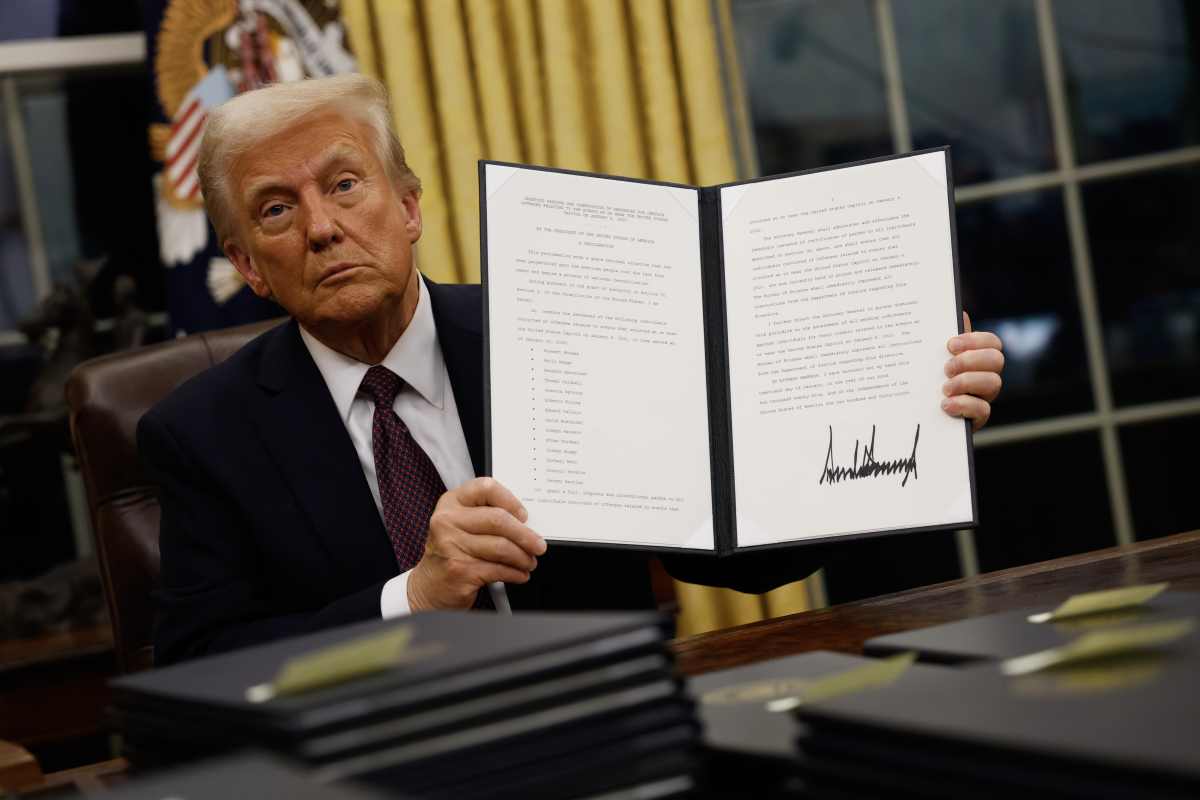
NPR claims Donald Trump’s order threatens existence of public radio
On May 1, Donald Trump signed an executive order directing the Corporation for Public Broadcasting to freeze all funding to NPR and PBS. The Corporation for Public Broadcasting spends more than $500 million on public radio and TV stations annually.
In his executive order, Trump accused NPR of bias and stated that taxpayer funding should be used toward "fair, accurate, unbiased, and nonpartisan news coverage."
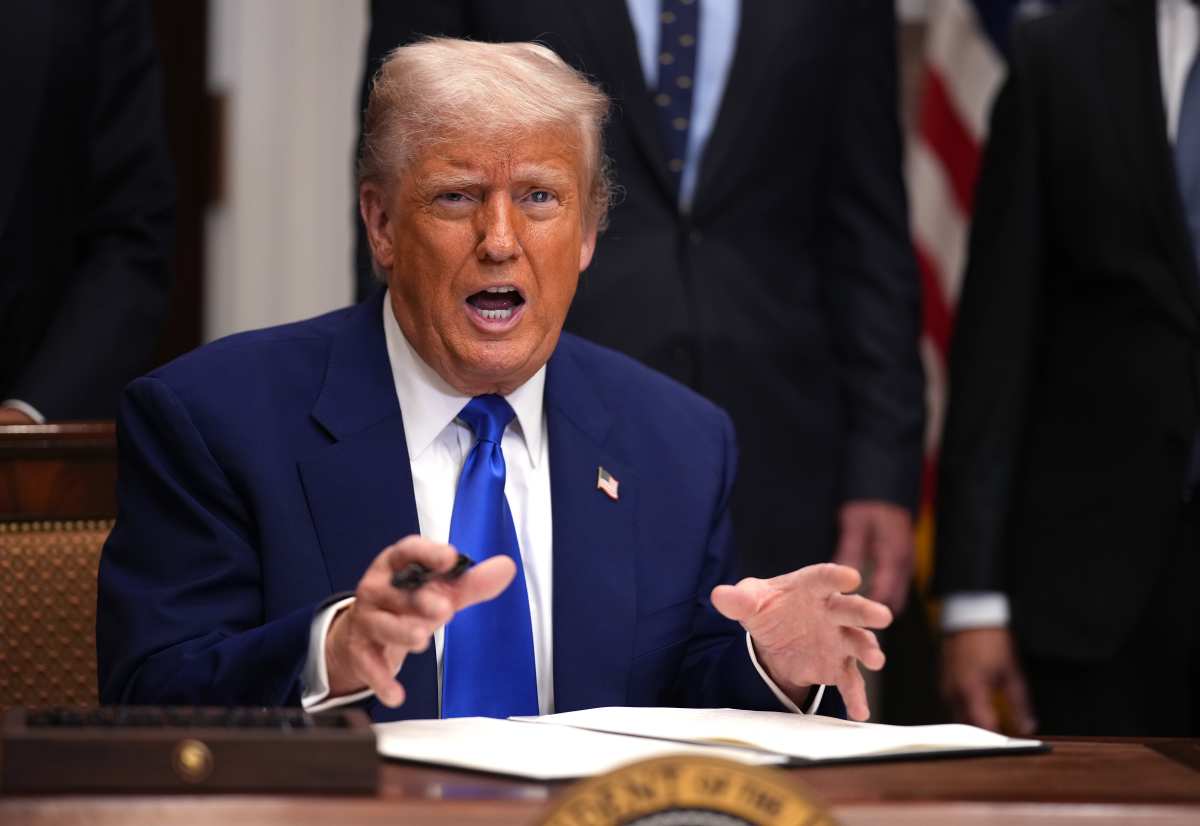
In its lawsuit, NPR asked the court to permanently block Trump’s order, alleging that the order exemplifies “textbook retaliation” in violation of the First Amendment.
“It is not always obvious when the government has acted with a retaliatory purpose in violation of the First Amendment. ‘But this wolf comes as a wolf,’” the lawsuit stated, referencing a 1988 dissent penned by the late Supreme Court Justice Antonin Scalia.

“The Order targets NPR and PBS expressly because, in the President’s view, their news and other content is not ‘fair, accurate, or unbiased,’” it continued.
Moreover, it “threatens the existence of a public radio system that millions of Americans across the country rely on for vital news and information,” the lawsuit further stated.
The lawsuit lists White House budget director Russel Vought, Treasury Secretary Scott Bessent, and National Endowment for the Arts head Maria Rosario Jackson as defendants, in addition to Trump.
The lawsuit further contended that Congress has long recognized that the speech it supports with public funding “remains private—and thus fully protected from censorship, retaliation or other forms of governmental interference.”
“Yet the President—criticizing what he perceives as ‘bias’ in the award-winning journalism and cultural programming produced by NPR—has issued an Executive Order that thwarts Congress’s intent and the First Amendment rights of Plaintiffs to be free from the government’s attempts to control their private speech, and their rights to be free from retaliation aimed at punishing and chilling protected speech, journalistic activities, and expressive association,” it mentioned, as per NBC.
White House defends Donald Trump’s executive order
When asked about NPR’s lawsuit, the White House defended Donald Trump’s executive order, stating the president is “exercising his lawful authority to limit funding” to the two news outlets.
“The Corporation for Public Broadcasting (CPB) is creating media to support a particular political party on the taxpayers’ dime,” White House spokesperson Harrison Fields said.
“Therefore, the President is exercising his lawful authority to limit funding to NPR and PBS,” he continued.
“The President was elected with a mandate to ensure efficient use of taxpayer dollars, and he will continue to use his lawful authority to achieve that objective,” he added.

